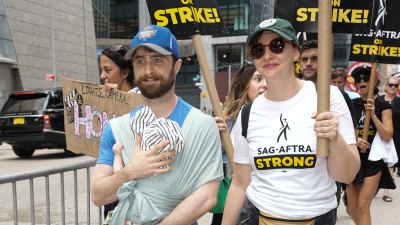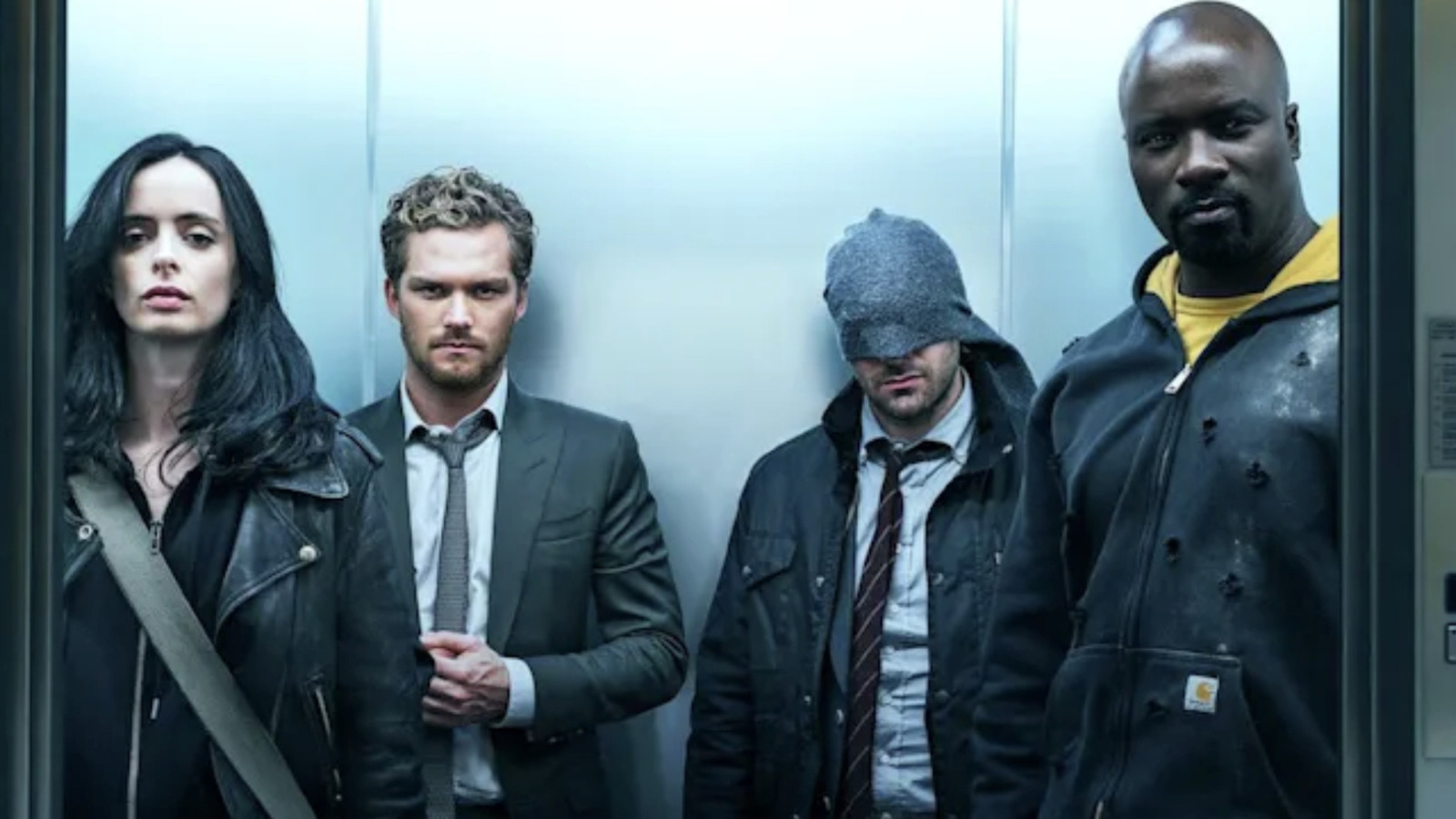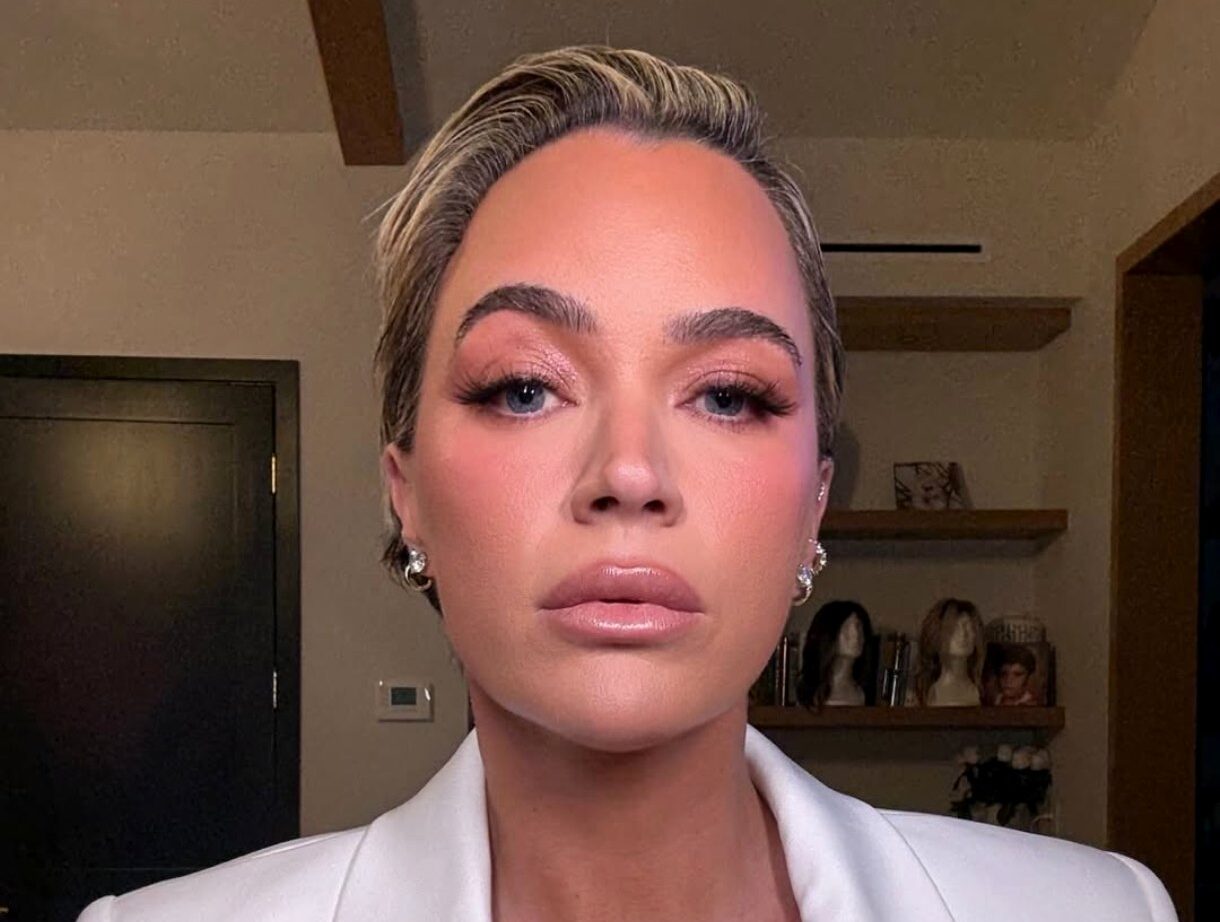SAG-AFTRA president Fran Drescher is slamming the AMPTP for its decision to suspend negotiations as the actors’ strike rages on.
“It really came as a shock to me because what does that exactly mean and why would you walk away from the table?” Drescher, 66, said during the Friday, October 13, episode of the Today show, per NBC News. “It’s not like we’re asking for anything that’s so outrageous.”
Dresher noted that it was “so wrong” and “disrespectful” of the studios to walk out of their meeting, adding, “I mean, they talk at you. They really don’t want to hear what you have to say or why you’re saying it.”
Drescher’s comments came shortly after the AMPTP (Alliance of Motion Picture and Television Producers) announced on Wednesday, October 11, that talks with SAG-AFTRA (Screen Actors Guild-American Federation of Television and Radio Artists) have been put on hold after spending weeks at the negotiating table.
“After meaningful conversations, it is clear that the gap between the AMPTP and SAG-AFTRA is too great, and conversations are no longer moving us in a productive direction,” read a press release from the trade association, which represents major companies such as Netflix, Amazon, Apple, Disney, Discovery-Warner, NBC Universal, Paramount and Sony. “We hope that SAG-AFTRA will reconsider and return to productive negotiations soon.”
According to the AMPTP, the proposal for actors to receive a two percent cut of streaming platform revenue caused the biggest divide. The organization alleged that it would cost more than “$800 million per year” — an “untenable economic burden” — and noted that there are also still “numerous remaining open items” left on the table, which SAG “presented few, if any, moves on.” Further details were not specified.
In response, SAG-AFTRA, which represents approximately 160,000 actors, accused the AMPTP of implementing “bullying tactics” against the guild, claiming the studios “intentionally misrepresented to the press the cost of the above proposal” by 60 percent.
“They have done the same with AI, claiming to protect performer consent, but continuing to demand ‘consent’ on the first day of employment for use of a performer’s digital replica for an entire cinematic universe (or any franchise project),” the SAG statement continued.
The union noted that despite the negotiations breakdown, its pursuit of a fair deal won’t waiver.
“The companies are using the same failed strategy they tried to inflict on the WGA — putting out misleading information in an attempt to fool our members into abandoning our solidarity and putting pressure on our negotiators,” the statement concluded. “But, just like the writers, our members are smarter than that and will not be fooled.”
AMPTP representatives resumed negotiations with SAG-AFTRA on October 2, meeting for five days over the past two weeks after settling on a new deal with the WGA (Writers Guild of America) last month. The WGA ended its strike on September 27 after 148 days. SAG-AFTRA joined the picket lines in July, making it the first time both unions were simultaneously on strike since the 1960s.
“We can say, with great pride, that this deal is exceptional — with meaningful gains and protections for writers in every sector of the membership,” the negotiating committee for the WGA wrote in an email to its members last month. The message included a 94-page outline of the new terms which referenced compensation gains, a new requirement for minimum staff levels in TV writers’ rooms, and protections for the use of artificial intelligence.
SAG-AFTRA, meanwhile, hinted at its willingness to negotiate with studios in a statement congratulating the WGA in September.
“We applaud your dedication, diligence and unwavering solidarity over the last five months and are proud to stand shoulder to shoulder with you as creative partners in the entertainment industry,” the social media statement read. “We look forward to reviewing the terms of the WGA and AMPTP’s tentative agreement. And we remain ready to resume our own negotiations with the AMPTP as soon as they are prepared to engage on our proposals in a meaningful way.”










